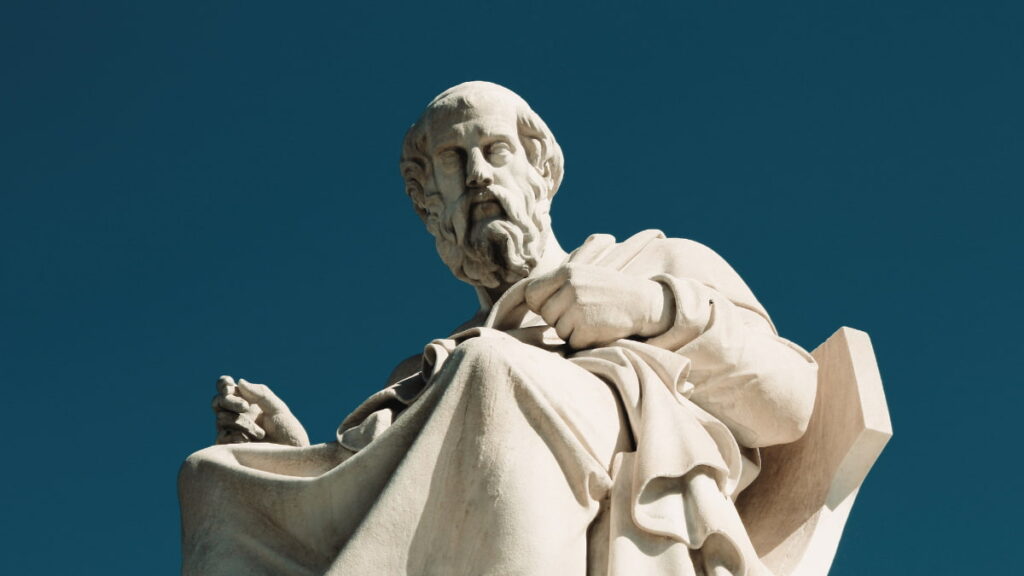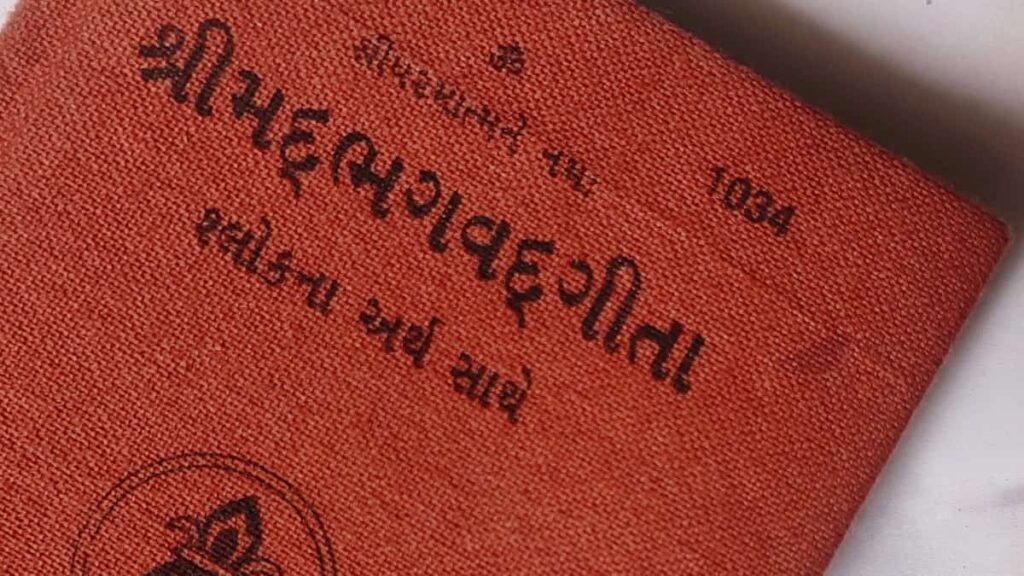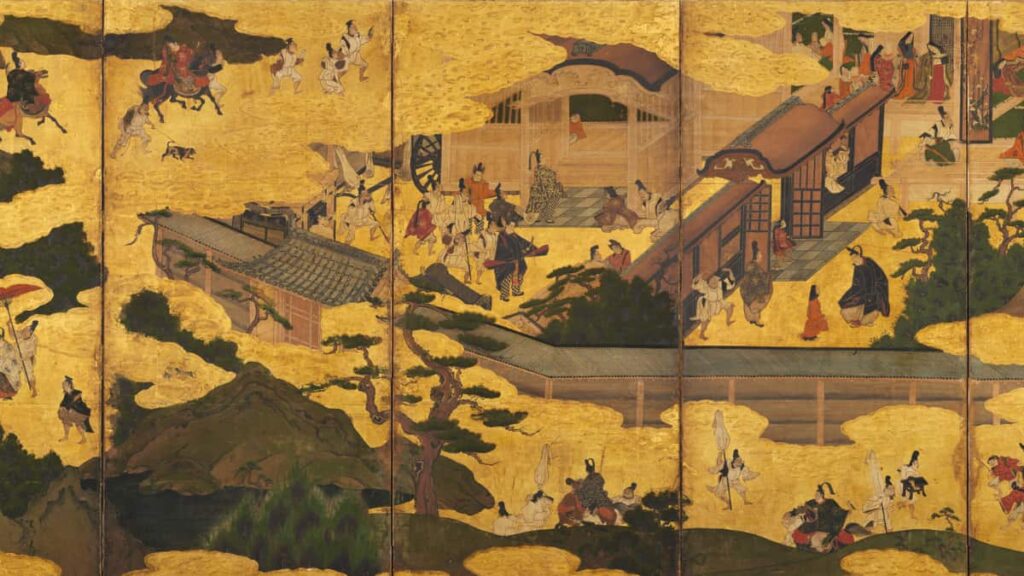Discover the foundational texts that formed major Eastern and Western societies

Foundational texts are more than books — they’re blueprints. Civilizations took root, laws emerged, and cultures were born from their pages.
From sacred scriptures to epic poems, these texts guided empires, inspired revolutions, and shaped identity across continents and centuries.
What unites them? Timeless influence. Let’s journey through the words that still echo in courts, temples, and minds around the world.
What Makes a Text Foundational?
Books become foundational not by popularity, but by impact. They shape values, preserve memory, and define how civilizations understand truth, order, and the divine.
From myth to law, these works endure because they encode origin stories. They are the foundational texts that civilizations revisit, reinterpret, and rebuild upon across generations.
The Role of Foundational Texts in Society
A foundational text organizes reality. It tells a people who they are, where they came from, and what they owe to each other.
These books become anchors for collective life. They influence not only how societies think, but how they legislate, educate, and even dream about the future.
These works give structure to belief, ethics, and governance. Without foundational texts, the roots of society are scattered and easily forgotten.
Cultural Roots Through Literature
Civilizations shaped by books often carry their earliest visions in written form. These books don’t just tell stories — they sustain worldviews.
Among the most powerful are the books that formed global thought, rooting wisdom and morality into the consciousness of entire peoples.
These texts preserve a people’s soul. Whether epic, sacred, or philosophical, they become the vessel through which identity and continuity are passed on.
Enduring Power of Foundational Texts
Enduring texts remain relevant not by chance, but by resonance. They speak to what’s constant in humanity — fear, justice, purpose, and transcendence.
They cross time and space, continuing to inspire revolutions, challenge injustice, and rebuild meaning in moments of cultural crisis and renewal.
Even today, foundational texts are cited in law, philosophy, and ritual. They are the architecture of identity, still standing after centuries of change.
Sacred Scriptures That Built Nations
Sacred texts are more than spiritual guides — they are social contracts. They define cosmic order, justice, and a people’s place in the universe.
These writings shaped not only belief systems but also governance, language, education, and identity in civilizations from Mesopotamia to Mesoamerica.
Scriptures as Foundational Texts of Faith
Religious texts lay the groundwork for culture. They unify people under common law, ritual, and myth, often becoming the very basis of nationhood.
The Torah, the Qur’an, and the Vedas don’t just express divine will — they encode civil structures, economic principles, and spiritual hierarchies.
Many of the world’s most influential legal and ethical systems are deeply rooted in foundational texts that originated as religious doctrine.
Books That Formed Global Thought
The Qur’an’s concept of unity (tawhid), the Bible’s covenantal ethics, and the Upanishads’ metaphysical inquiry shaped different modes of thinking.
These works helped form global thought — framing ideas of justice, sin, purpose, and salvation across continents, cultures, and competing empires.
Their teachings move beyond religion. Sacred texts are cited in literature, philosophy, and modern political theory to explain human behavior and social order.
Spiritual Authority and Literary Legacy
Scriptures often became the first written words in their languages, setting literary standards and embedding themselves in oral and written tradition.
As Karen Armstrong wrote in The Spiral Staircase, “If your understanding of the divine made you kinder, more empathetic… this was good theology”.
These foundational texts remain alive today — read aloud, debated in courts, and echoed in rituals across both ancient and modern nations.
Philosophy and Political Foundations
Foundational texts in philosophy often bridge abstract thought and civic structure. They ask how humans should live together and who gets to decide.
From Athens to India, these writings built more than schools of thought — they constructed models of justice, power, and personal responsibility.
Philosophers and Their Foundational Texts

Some texts don’t offer laws — they build frameworks for asking questions. Socrates, Confucius, and the Buddha taught not dogma, but disciplined inquiry.
Plato’s Republic and Aristotle’s Politics remain foundational texts because they explore how virtue and government shape each other in complex societies.
Whether in a Greek agora or a Confucian court, these writings reshaped civilization by imagining how thought could become action.
East vs West Intellectual Tradition
Eastern philosophy values harmony, interdependence, and self-restraint. Western philosophy tends toward autonomy, analysis, and rational structure.
The contrast isn’t competition — it’s complement. Both traditions ask essential questions and offer distinct paths toward wisdom, ethics, and governance.
These differences, deeply rooted in cultural soil, reflect how civilizations shaped by books chose different metaphors to understand the self and the state.
Laws, Justice, and Classical Thought
Legal and political theory often begins in reflection. Thinkers like Hobbes, Locke, and Kautilya shaped empires through the force of foundational texts.
These writings define authority: where it comes from, how it’s kept, and when it must be questioned or reimagined by society.
Today, foundational texts in philosophy still guide constitutional law, civic education, and democratic thought across much of the modern world.
Epics and Myths as Civilizational Pillars
Before law codes and scriptures, there were stories — vast, symbolic narratives that explained the world and humanity’s role within it.
These epics forged identity, modeled virtue, and inspired generations. They remain cultural monuments, recited, rewritten, and revered across centuries.
Foundational Texts in Mythological Form
Epics like the Mahabharata, The Odyssey, and The Epic of Gilgamesh carry more than legend — they contain entire moral and cosmological systems.
As Karen Armstrong writes in A Short History of Myth: “We are meaning-seeking creatures… from the very beginning, we invented stories that gave life meaning”.
These foundational texts are not history, yet their truths have endured longer than many kings, shaping nations’ souls as deeply as any constitution.
Literary Classics Across Cultures
Across the globe, literary epics serve as unifying myths. They link language, ritual, and landscape into a single vision of a people’s greatness.
From Persia’s Shahnameh to Nigeria’s Sundiata, these classics express values such as courage, sacrifice, fate, and loyalty — transcending their original contexts.
They become national icons. In school, in performance, or in memory, these stories preserve ideals even as modern life moves further from the world they describe.
Narratives That Built Collective Identity
Foundational myths unify through emotion and repetition. They give shared heroes, warnings, and longings to generations who never met — but believe the same story.
They influence how cultures frame conflict and peace, duty and rebellion, leadership and betrayal — all encoded in their foundational texts.
Though fictional, their impact is factual. These narratives shape education, citizenship, and spiritual imagination as powerfully as any historical decree.
Educational Texts That Transcended Time
Some texts weren’t written to be immortal — just useful. Yet their ideas still teach, inspire, and shape how knowledge is passed down through generations.
From Confucius to Euclid, these works became intellectual scaffolding for entire cultures, standardizing wisdom and spreading it far beyond their points of origin.
Learning Through Foundational Texts
Foundational texts used for education train more than memory — they teach how to think, argue, and act within a moral and social framework.
Confucius’s Analects, for instance, shaped Chinese education for over 2,000 years, framing learning as a form of ethical development and civic duty.
By revisiting these foundational texts, we connect to ancient minds — voices that still guide pedagogy, mentorship, and personal growth across continents.
Influential Books in History
The Elements by Euclid turned geometry into universal language. The Art of War became a manual for military and political leadership far beyond Asia.
Books like these — both secular and strategic — shaped the global idea of what “knowledge” meant, and who held the authority to transmit it.
Among the most influential books in history are those that offered skills, logic, and insight, making them vital to governance, commerce, and education.
Timeless Lessons from Classic Works
From The Nicomachean Ethics to The Book of Rites, classic texts continue to challenge how we live, lead, and pass on what we’ve learned.
Their appeal lies in their clarity, depth, and refusal to simplify — each lesson earned through careful thought, not quick consumption.
They remain foundational texts not because they solved everything, but because they taught generations how to ask better questions.
Shared Themes Across Civilizations
While foundational texts come from different lands, many speak a common emotional and philosophical language — justice, duty, love, death, and transcendence.
These shared motifs connect cultures across distance and time, proving that humanity’s deepest questions rarely change, even when their answers do.
Universal Motifs in Foundational Texts
Across myth, scripture, and philosophy, certain themes keep reappearing — not because of influence, but because of shared human experience.
Foundational texts show us how people, separated by oceans and centuries, still worried about the same things: how to live, lead, love, and die.
That is their true power. Whether in Sanskrit or Greek, they translate the human condition into forms that every culture continues to interpret.
Ancient Literature Across Cultures
Below are recurring themes found in foundational texts from both Eastern and Western traditions:
- The search for justice and moral order
- Struggles between fate and free will
- The role of the ruler and responsibility to society
- Death as transformation, not just end
- The journey of the soul or self
- Balance between individual and collective life
- The sacredness of nature and time
- Human suffering as a path to wisdom
These themes transcend region or religion. They are the emotional and ethical scaffolding of civilization — and they keep being rewritten with each generation.
Echoes of the Same Ideas, East and West
The Bhagavad Gita and The Republic both ask what it means to fulfill one’s role with justice. Their answers differ, but their goals are strikingly alike.
Such foundational texts don’t just belong to history — they belong to the present. They reveal what humans have always longed for and feared.
By reading them side by side, we hear a global dialogue — not of agreement, but of recognition. Different words, same soul.
East and West: Two Civilizational Canons
Every civilization carries its own literary spine. While the East leans into harmony and spiritual order, the West prioritizes reason, law, and heroic legacy.
The contrasts are vivid, but so are the overlaps. Foundational texts from both East and West answer the same timeless questions through vastly different lenses.
Foundational Texts in Eastern Traditions
Eastern foundational texts tend to focus on inner balance, cosmic order, and ethical responsibility toward others and the universe itself.
Texts like the Tao Te Ching and the Bhagavad Gita offer spiritual frameworks that deeply influence cultural behaviors, family systems, and governance models.
These are not merely books — they are foundational texts that define how life, duty, and transcendence are interpreted across generations.
Canonical Texts in World History

From scriptures to philosophical dialogues, foundational works mark the backbone of every lasting society. The table below maps core texts across East and West.
| Text | Region | Core Theme | Lasting Impact |
|---|---|---|---|
| Tao Te Ching | East Asia | Harmony and Nature | Shaped Taoism, art, and governance |
| Bhagavad Gita | South Asia | Duty and Devotion | Central to Hindu ethics and philosophy |
| Analects of Confucius | East Asia | Social Harmony | Foundation of Chinese civil order |
| The Bible | West | Covenant and Salvation | Basis for Judeo-Christian traditions |
| The Republic (Plato) | West | Justice and State | Influenced Western political thought |
| The Odyssey (Homer) | West | Heroism and Identity | Pillar of Western literature and myth |
These texts do more than reflect a culture — they shape it. Their teachings remain embedded in rituals, governance, and even architecture.
Western Foundations: From Homer to Hobbes
Western traditions often celebrate individual action, rationalism, and the tension between fate and freedom within the human experience.
From Homer’s heroes to Hobbes’ social contract, these foundational texts chart the evolution from mythic narrative to political theory and legal logic.
Such foundational texts still inform debates on democracy, morality, and rights, echoing in courts, classrooms, and constitutions across the West.
Why These Texts Still Matter Today
Though ancient, these texts remain alive — studied in classrooms, quoted by leaders, and invoked during moments of personal and cultural crisis.
Their words are woven into the DNA of modern identity. They endure not because they are old, but because they still speak to what matters.
Modern Relevance of Foundational Texts
These foundational texts help modern societies navigate complexity. They offer timeless insight when modern solutions feel fragmented or shallow.
From court rulings to commencement speeches, their phrases still surface — guiding values, offering clarity, or reminding us of long-held truths.
We return to them not out of tradition, but because they still illuminate the contours of justice, duty, love, and meaning.
Civilizations Shaped by Books
Civilizations shaped by books do more than preserve them — they live through them. These texts continue to evolve through interpretation, critique, and ritual.
They inspire debate, reform, and resistance. Each generation rereads them through its own lens, discovering new relevance in old lines.
That’s the essence of a foundational text: it doesn’t fossilize. It regenerates across time, remaining urgent even when the world around it changes.
Preserving the Wisdom That Formed Us
Preserving these works isn’t only cultural — it’s civilizational. Without them, we lose access to the questions and answers that once built the world.
They serve as bridges — not only between past and present, but between cultures that might otherwise seem untranslatable.
To honor these texts is to engage them. To read deeply, to question freely, and to carry their wisdom forward.
Why Foundational Texts Still Guide Us
Foundational texts endure not because they’re old, but because they keep speaking — across centuries, cultures, and crises — to what it means to be human.
They formed the intellectual and spiritual roots of civilizations, and continue to shape the way we learn, lead, and believe today.
And while these works laid the groundwork, the story doesn’t end there. Ever wondered who carried their legacy forward?
Meet the most read authors in history — the voices who echoed ancient wisdom and redefined it for new generations.



